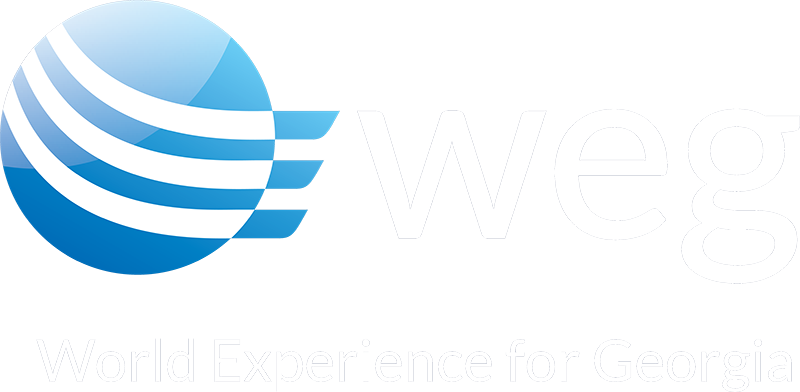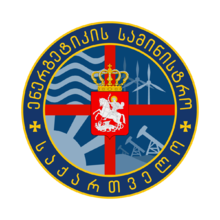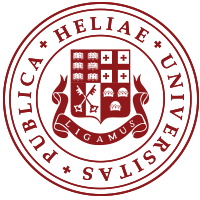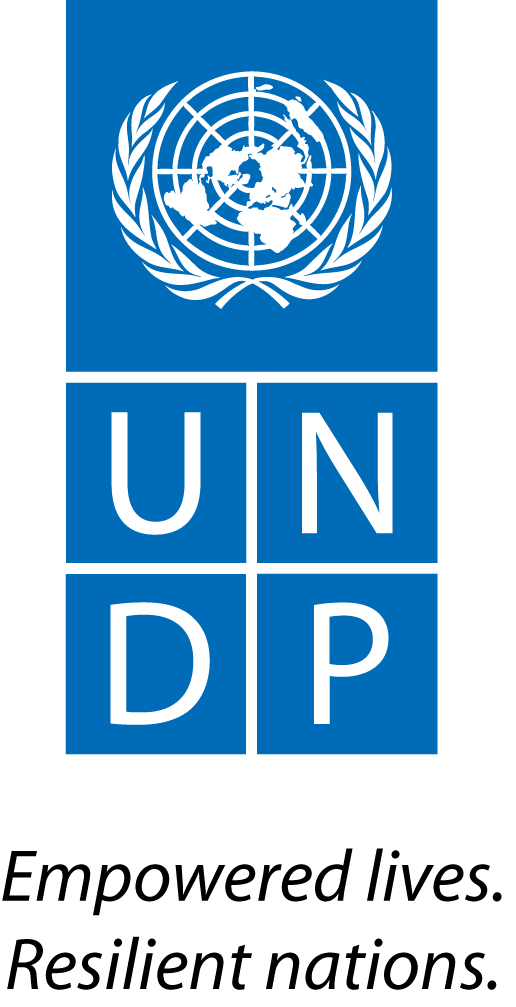Effect of Residential Natural Gas Tariff Increase on Consumers
On July 17-18, 2017, new residential gas tariffs were approved by Georgian National Energy and Water Supply Regulatory Commission (GNERC). The new tariff for „Kaztransgaz-Tbilisi” Ltd. consumers was set at 46.153 T/m3 which is 0.534 Tetri increase over previous level. The increase in regions was more substantial and amounted 11-12 Tetris on average. The new tariffs for “regulated” consumers of “Saqorggaz” JSC was set at 57.011 T/m3 and 56.940 T/m3 for “SOCAR Georgia Gas” Ltd consumers.
The impact of these tariff changes on public welfare can be evaluated by estimating the share of increase in total household expenditure.
According to EUROSTAT, in Georgia, the total share of utility expenditures, including costs of housing, water, electricity, gas and other fuels, amounts to 11-12% of total household budget[i]. The share of utility expenses is higher in Eastern European countries: Montenegro (15.2% - 2013), Macedonia (14.7% - 2013), Serbia (22.9% - 2013), Kosovo (30% - 2013) and Turkey (25.8% - 2012). Similar information about Eastern Partnership Countries is given below:
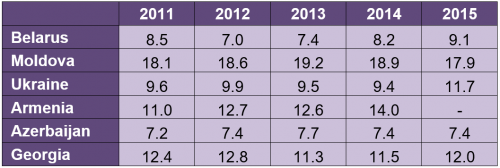
Table 1: The share of energy resources and other communal expenses in total expenditures for Eastern Partnership Countries (source: Eurostat).
The share of utility costs in total expenditures for households of European Union and Eurozone countries varies between 15% - 30% (excluding Malta). The average index for EU is 24.4 %. This is shown on Figure 1.
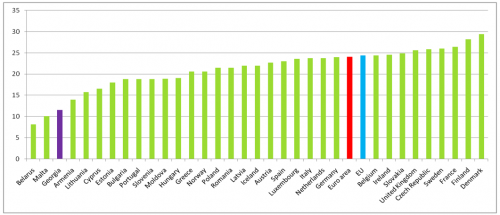
Figure1: The share of energy resources and other communal expenses in total expenditures for European and some Eastern European countries (Source: Eurostat)
National Statistics Office of Georgia (GEOSTAT) agrees with EUROSTAT data but in addition it considers urban and rural households separately. According to GEOSTAT, one household spends 12% of its total annual expenditure on electricity, gas and other utilities in the cities, while in villages this number is – 10%. These numbers are more or less stable over the last decade.
In order to single out the expenses for natural gas and electricity, the results of survey of 1200 families conducted in 2014 under USAID funding[ii], can be used. The research showed that on average, the expenses for natural gas and electricity were around 6.3%, where electricity share was 2.3% and natural gas accounted for 4%. In Tbilisi the average index was 8.3% with 3.4% and 4.9% of household annual budget spent on electricity and natural gas respectively. In other cities the total share of gas and electricity is 4.7%, where 1.8% comes from electricity and 2.9% -from natural gas. This research does not contradict the data from EUROSTAT and also agrees with WEG’s independent assessment of electricity expenditures based on electricity utility data.
The above annual averages do not look very high; however, a sharp seasonality of energy expenses needs also to be taken into account. E.g. the gas consumption in winter is 4-5 times higher than in summer. Therefore we can estimate that, in Tbilisi, the monthly expenses for natural gas in winter months are around 8.4% of household expenditure while in summer only 1.8% (with annual average of 4.9%). For “Saqorggaz” and “SOCAR Georgia gas” consumers these numbers are estimated at 4.9% in winter and 1.1% in summer (on average 2.9%).
The increase in expenditures due to tariff raise mostly impacts the winter period. An average expenditure increase for “Kaztransgas” customers is 0.057%. The tariff change for Tbilisi will cause 0.08-0.09% increase in total expenditures in winter and 0.02% in summer.
For “Saqorggaz” and “SOCAR Georgia Gas” the tariff change is about 20%, which means that in other cities total expenditures will increase by 0.56% on average. During the winter period this index will be 0.9-1.0% and for summer period – 0.2%. Similar calculations would be complicated in villages, considering the fact that people use fuel wood for heating.
While assessing the social effect of tariff changes one needs to account for the fact that in general usually, the share of energy expenses is higher in low income families than in high income ones.
The above estimates are preliminary and need to be refined based on a more accurate data. However we hope they are still useful for discussions on tariffs and energy-related subsidies.
Prepared by Giorgi Ninua, WEG
